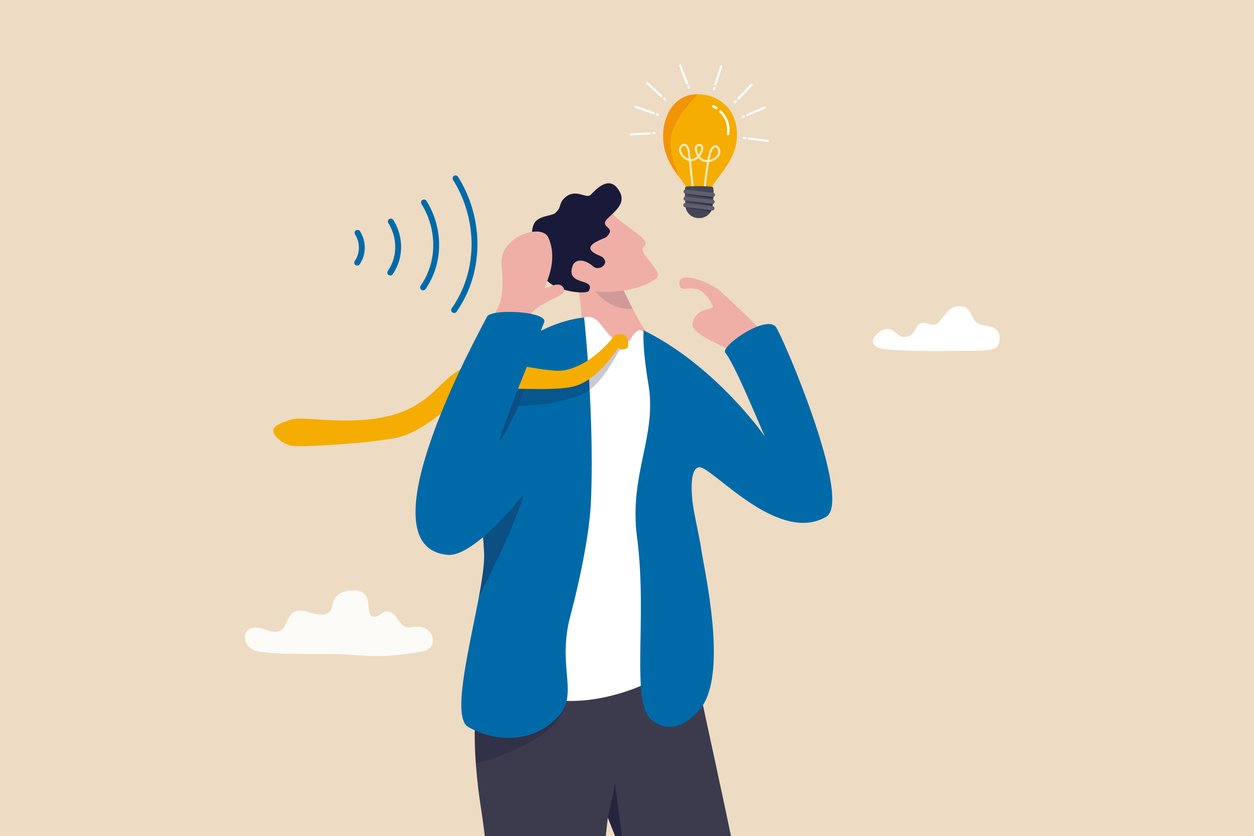Each day, we are faced with choices both big and minor, from choosing what to eat for breakfast to making important career moves. The skill to make effective decisions can significantly impact the quality of our lives, our relationships, and our achievements. Yet, many people struggle with decision making, often feeling overwhelmed by the options before them or paralyzed by the fear of making the wrong one. Understanding the nuances of decision making is key to navigate these issues and empower ourselves to make choices that align with our objectives and values.
In this article, we will examine essential skills and techniques that will boost your decision-making skills. From mastering the art of smart decision-making to identifying the mental factors at play, we will explore effective strategies to help you make decisive choices even under stress. We'll also look into the importance of balancing intuition with reason, harnessing emotional intelligence, and drawing lessons from previous experiences. Whether you are looking to make everyday decisions more smoothly or addressing complex dilemmas, the insights shared here will prepare you with the capabilities needed to improve your decision-making skills and foster mental clarity for a more empowered mindset.
Proven Techniques for Efficient Decision-Making
Sound decision-making is vital for personal and professional development. One proven strategy is the use of decision-making frameworks, such as SWOT analysis or the DECIDE model framework, that helps individuals systematically analyze their options. By assessing advantages, weaknesses, possibilities, and threats, or defining the problem, considering options, evaluating the consequences, identifying principles, and evaluating the decision, one can make informed decisions that align with their objectives.
Another essential technique involves utilizing emotional intelligence. Understanding and managing More help , as well as acknowledging the feelings of others, enhances your ability to navigate complex decisions. This competence allows for better cooperation, especially in group decision-making scenarios where differing viewpoints can create tension. Cultivating empathy and communication can lead to more cohesive and positive outcomes.
Finally, cultivating awareness can greatly improve decision-making. Pausing to take a moment to stop and think before acting allows you to consider options more thoughtfully. By diminishing stress and improving concentration, mindful awareness aids in avoiding rash decisions fueled by stress. Incorporating regular habits such as meditation or reflective journaling can additionally support clarity, empowering you to make confident decisions in uncertain circumstances.
Understanding the Mental Framework of Choices
The mechanism of creating decisions is significantly influenced by our perceptual distortions and affective reactions. Every choice we face engenders a sequence of mental evaluations that can lead us to beneficial or negative outcomes. Understanding these psychological factors aids in identifying why we may incline toward specific decisions over others. For example, confirmation bias can lead individuals to look for data that backs their prior beliefs, possibly obscuring their decision-making and causing ineffective choices.
Feelings play a important role in our decision-making as also. Anxiety or anxiety can warp our view, leading to evading or impulsive choices that we can later wish we hadn’t made. Conversely, uplifting emotions can improve our mental adaptability, providing a more extensive perspective when assessing options. Awareness of the affective context that is associated with our decisions is key to effectively using our intuition well and establishing a well-rounded method to decision-making.

In also, peer influences significantly affect our options. The tendency to align to group beliefs can result to collective decision-making pitfalls, such as group consensus, where critical evaluation of alternatives may be sidelined in pursuit of agreement. Understanding the dynamics at play in social contexts, such as social coercion or the longing for validation, allows us to navigate these situations more adeptly. By fostering awareness of these psychological components, we can enable ourselves to make better and self-assured decisions.
Methods for Confident Decision-Making
To make decisive decisions, it is essential to establish a methodical framework. Begin by clearly defining the challenge you are facing and gather relevant information to grasp the context. Utilize decision frameworks that suit your needs, such as the benefits and drawbacks list, the SWOT analysis, or the decision grid. By arranging your thoughts and possible results, you can reduce ambiguity and enhance insight, making you more comfortable with the options available.
Another effective strategy is to incorporate both intuition and rationality into your decision-making process. Trusting your gut feelings can yield valuable insights, especially when supported by analytical data. Strive for a harmony between empathy and analytic thinking. This dual approach allows you to make decisions that not only are logical but also resonate with your values and intuition, creating greater self-assuredness in your final decision.
Finally, practice mindful awareness and reflection in your decision-making process. Taking the time to pause and assess your thoughts can help fight decision fatigue and the fear of making the poor choice. Implement daily habits that promote a proactive mindset, such as meditation or writing. These habits strengthen your ability to navigate difficult decisions and instill a sense of calm, facilitating more decisive decision-making in both personal and professional contexts.
